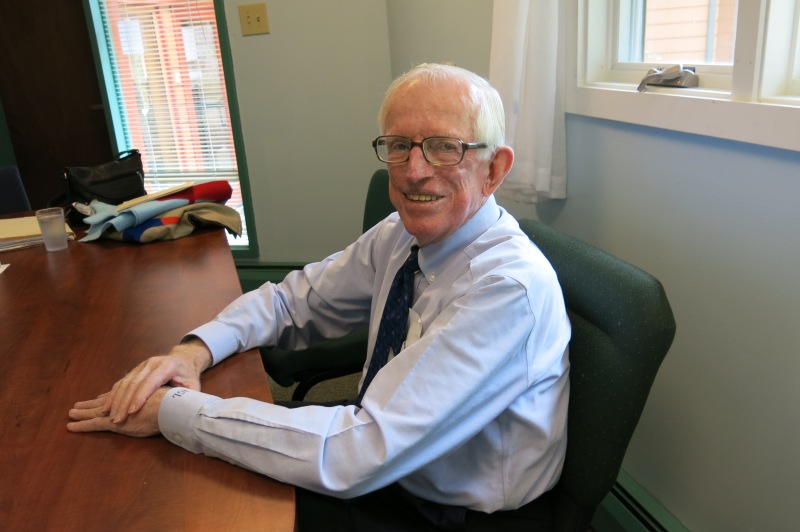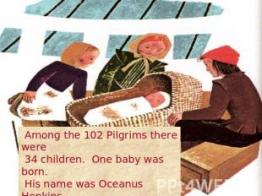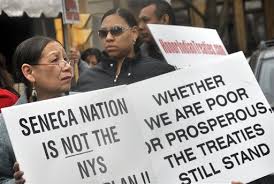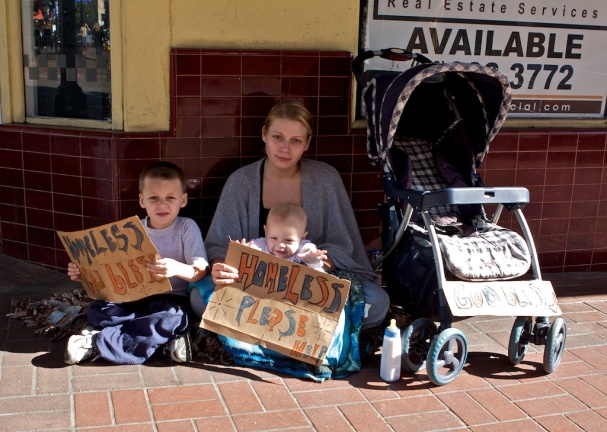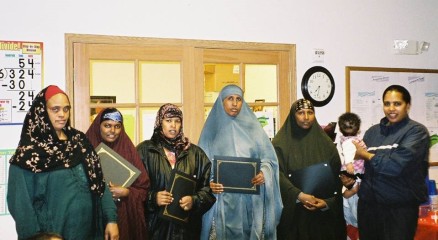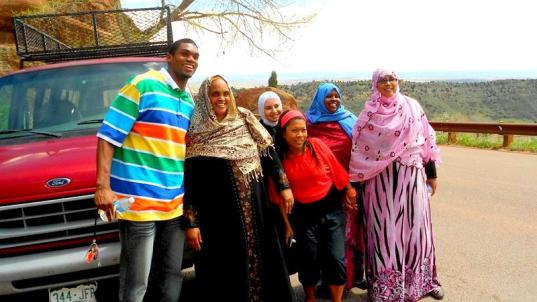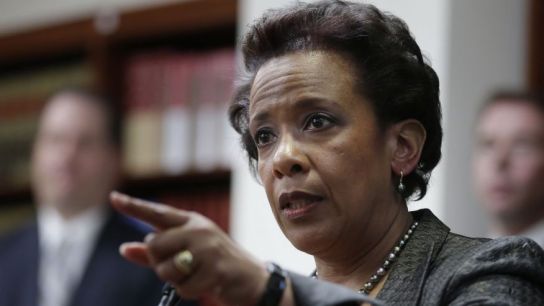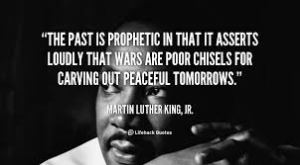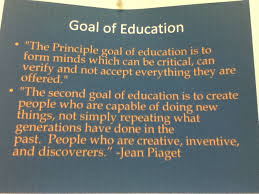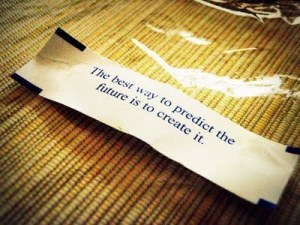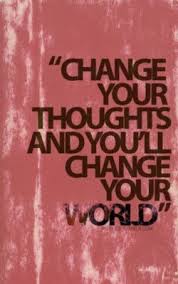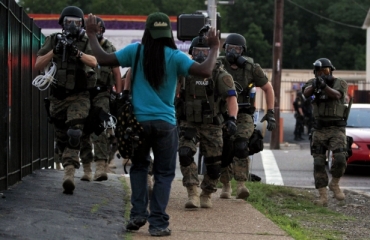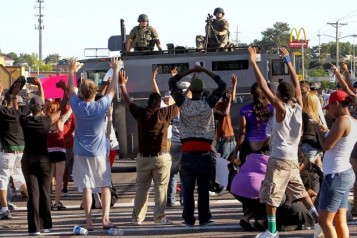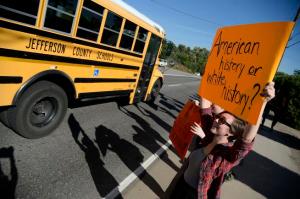In 1620, one of my fraternal ancestors, Stephen Hopkins, landed with his family on Plymouth Rock. A son, Oceanus, was born on the Mayflower, but died early on. But the Hopkins family became a productive, functional part of Plymouth Colony.
I wonder if it ever occurred to Stephen Hopkins to think about the long term travesty that would occur as English settlers, as they were certain to, took Indian lands as their own.
As legend has it, this brutal reality was sublimated at least at the outset in a ceremonial meal of thanks sometime after the successful harvest of in the autumn of 1621. Wampanoag Indians were said to have welcomed the strange, colorless intruders by bringing corn and meats to the festival. This story is so strong that even today, as Americans gorge themselves around family tables, they tell the tale of that first gracious Thanksgiving.
Fast forward to 1940, just before the United States entered World War II. I was 7 and had a 5 year old brother. We lived in a semi-rural area north of Buffalo, right along the Erie Barge Canal. On Thanksgiving Day my father drove the family to the wondrous farm of my mother’s sister’s family, well south of Buffalo. We were delighted to get out of the freezing 1932 Ford. The aroma of baking turkey and all the fixings filled the farm house. As I sat with my brother and father listening to my Uncle tell of life nearby, it did not occur to me that it was strange that he talked mostly about the Indians who lived nearby. Uncle Chester was full of mysterious tales.
He was talking about Indians who had been herded generations earlier onto a reservation near Lake Erie. It was now called the Cattaraugus Reservation, but the inhabitants were of the Seneca Nation of Indians, part of the Iroquois Confederation, once the main inhabitants of most of upstate New York. As it happened, Uncle Chester was a very gentle man who had spent many hours visiting Indian men on the reservation. They even had taught him to make genuine flint stone arrowheads, of which he showed us several that holiday.
Fast forward again, this time to 1945. I was in 7th grade. I had an honest teacher, Miss Jepson, who spent the whole first semester teaching us about how North American natives had been rounded up, tortured, killed, and herded onto reservations all across the United States. This flew in the face of the common understanding that Europeans and Indians had gotten along well, and that during the conquest of native lands, Europeans had been guided and aided by friendly Indians. For a while, I didn’t know how to reconcile these images. Even my father tended toward the friendly scenario. He told stories of how Indians had visited his grandmother’s home in the woods, and had slept around the fire at night. He never mentioned the need for visiting a white home…poverty, growing at least in part from the loss of lands, inherited from God.
By the time I finished college and was a student at CTS, two realities had become part of my vision of America. First, I knew it was a hoax to think of my own country as a pure and clean place with a loving people and heritage of peace. Second, I was beginning to understand the central theme of the Holy Bible. Even as early as Genesis, God created the world and expected people to share in its fruits. Because people were free to be greedy, the concept of Jubilee, the redistribution of wealth was embraced by the faithful. And, as I went along, it became clear that God created all people, all genders, all races, none to be better nor worse than another, and none to be controlled by others. Jesus even died protesting the illegitimate control of Israel by the Romans.
The pain I have felt of life not being this way, either socially or theologically, beginning with an ancestry with whom I now disagree, is what has driven my often highly frustrating days of trying to help God fix our narcissistic behavior as humans. Curiously, I am being filled with new hope as I encounter fellow students highly committed to lives of social change, even if it only one Ferguson or one GLBT vote at a time.
